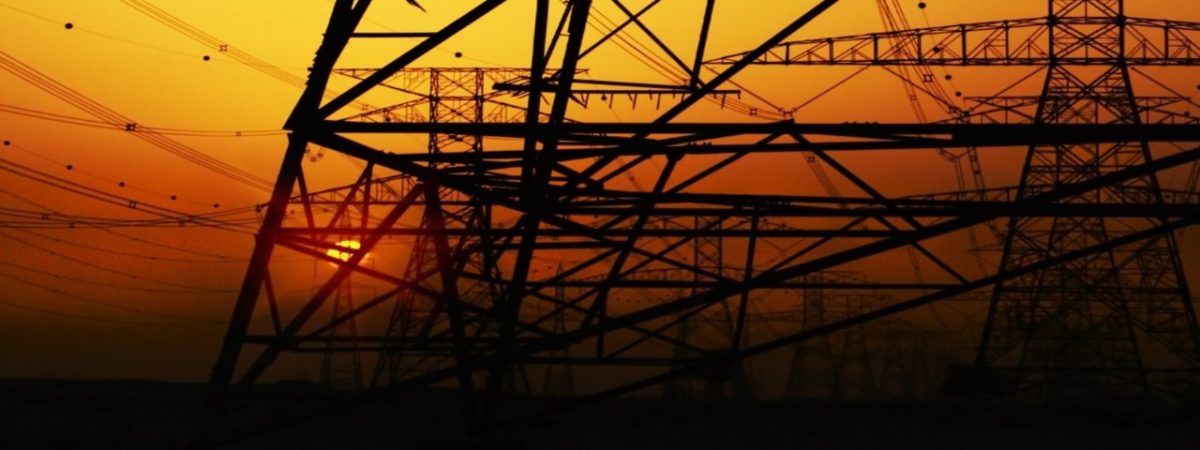Cancel the National League season
SUGGESTED



For the vast majority of you who don’t follow non-league football, a quick update. Last year the 66 teams in the National League (levels 5 and 6 in the English football hierarchy) were designated by the DCMS as ‘elite sport’ and thus allowed to play despite the Covid restrictions. In the summer it was anticipated that these restrictions would soon be dropped, and crowds could return.
This was not to be, and when the season belatedly kicked off in October, it was in front of empty stadia. This was only possible because of £10 million worth of grants from the Government (which raided National Lottery funds). The money was meant to tide clubs over until the fans returned.
For a brief period in November, very restricted numbers were admitted into grounds, with social distancing, in some parts of the country. That lasted about three weeks before the second lockdown. and the clubs went back to playing with no crowds.
The tranche of grant funding, intended to cover three months, has now run out and the Government has now announced that further funding can only come in the form of loans.
That puts the clubs in deep difficulty. It would be irresponsible for the many who are already carrying a heavy debt burden to take these loans, not least as there is no mechanism by which they can recoup the money they would borrow. When crowds eventually return, the gate money will be needed to finance wages and running costs. It will not magically increase to cover debt repayments.
This is the same trap which the Government has offered many small businesses and self-employed people. It pretends to help with the immediate problem, but simply kicks the can down the road like so many government policies at the moment.
Apart from the financial issue – trivial in the bigger financial picture, but very serious to these clubs and their fans – there is the health issue. Unlike genuinely ‘elite’ Premier League teams, small clubs cannot afford elaborate protocols to protect and regularly test players, many of whom are part-time and have other jobs which involve them mixing more widely. Players travel long distances in crowded team coaches and change in often cramped dressing rooms. This is a risk to their health and to all those, often older, staff and volunteers who help put the games on.
There has been a spate of games called off already as Covid cases proliferate. League positions have become meaningless as some clubs have played many fewer games than others, a situation which the predictable winter weather in January and February will only exacerbate.
In these circumstances, the National League and the Football Association should suspend the season, though they are seemingly reluctant to do so because of sponsorship contracts and other commitments.
As I argued back in May, this season should never have started at this level (or indeed in Leagues 1 and 2). If the football authorities don’t act, the Government should probably do so – while acknowledging its own culpability for this crazy situation.
This article was first published on CapX.




